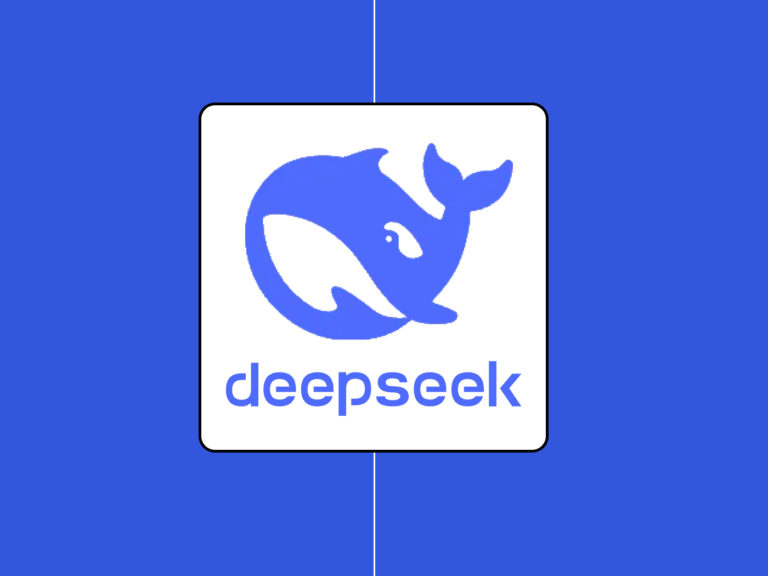In today’s fast-paced world of education, AI personalized learning platforms have become valuable resources for teachers looking to meet the diverse needs of their students.
Leveraging the capabilities of artificial intelligence, these AI personalized learning platforms offer tailored instruction and adaptive experiences that cater to individual student learning styles.
Let’s explore seven leading AI personalized learning platforms that are reshaping classrooms worldwide:
1. Khanmigo
- Khanmigo offers a comprehensive AI-powered learning platform covering a wide range of subjects and grade levels. With adaptive learning features, Khanmigo customizes content to match each student’s proficiency level, providing targeted practice and support.
- Pro: Khanmigo’s extensive library of resources and intuitive interface make it a versatile tool for teachers across various subjects and grade levels.
- Con: Some users may find Khanmigo’s pricing to be higher compared to other platforms, potentially requiring careful budget planning for implementation.
- Pricing: Khanmigo offers subscription-based pricing starting at $X per student per month.
2. ChatGPT for Education
- ChatGPT for Education is an AI-powered chatbot designed to support student learning and engagement. With natural language processing capabilities, ChatGPT provides instant answers to student questions, fosters critical thinking, and encourages interactive learning experiences.
- Pro: ChatGPT’s conversational interface makes learning fun and interactive, helping students develop problem-solving skills and explore complex concepts in a personalized manner.
- Con: While ChatGPT offers valuable support for student learning, some educators may require guidance on effectively integrating the chatbot into their teaching practices.
- Pricing: ChatGPT for Education offers subscription-based pricing starting at $X per educator per year.
3. DreamBox Learning
- DreamBox Learning offers interactive math learning experiences tailored to each student’s proficiency level. Powered by AI, DreamBox provides targeted instruction and personalized recommendations to support skill development.
- Pro: DreamBox’s engaging and intuitive interface enables independent student navigation, allowing teachers to focus on individualized instruction and intervention.
- Con: While DreamBox excels in math instruction, its subject scope is limited, potentially necessitating supplementary resources for a comprehensive curriculum.
- Pricing: DreamBox Learning offers subscription-based pricing starting at $X per student per year.
4. Carnegie Learning
- Carnegie Learning blends AI-driven adaptive learning technology with expert-authored content to deliver personalized math instruction. Analyzing student responses, Carnegie Learning provides targeted practice and support to promote mastery.
- Pro: Carnegie Learning’s evidence-based approach to personalized learning has demonstrated improvements in student outcomes and conceptual understanding.
- Con: Initial setup and customization may be time-consuming for some teachers, requiring careful configuration to align with specific curriculum standards.
- Pricing: Carnegie Learning offers subscription-based pricing starting at $X per student per semester.
5. Knewton Alta
- Description: Knewton Alta is an adaptive learning platform designed for higher education courses. Using AI-driven algorithms, Knewton Alta delivers personalized assignments and real-time feedback to support student mastery.
- Pro: Knewton Alta’s adaptive learning technology empowers instructors to provide individualized support, enabling students to progress efficiently.
- Con: Users have reported occasional technical glitches and inconsistencies in the platform’s recommendations, necessitating ongoing monitoring and troubleshooting.
- Pricing: Knewton Alta offers subscription-based pricing starting at $X per student per course.
6. Squirrel AI
- Squirrel AI employs adaptive learning algorithms to create personalized learning paths for students. By analyzing real-time performance data, Squirrel AI adjusts content delivery to optimize learning outcomes.
- Pro: Squirrel AI’s robust data analytics and adaptive learning capabilities empower teachers to differentiate instruction effectively, addressing diverse student needs within a single classroom setting.
- Con: Some educators may find Squirrel AI’s interface and reporting tools overly complex, requiring additional training for seamless implementation.
- Pricing: Squirrel AI offers subscription-based pricing per student per month.
AI Personalized Learning APPS Conclusion
In conclusion, AI personalized learning platforms are revolutionizing education by providing tailored instruction and support to students of all backgrounds.
While each platform has its strengths and limitations, they collectively offer innovative solutions for teachers seeking to enhance learning outcomes in their classrooms.
Be sure to check out Kangaroo AI’s free introduction to AI course for educators—a great way to dive into the world of artificial intelligence in education!




